Trump Tariffs Strain U.S. India Ties as Modi Faces Criticism Over Russian Oil, Pakistan Relations
U.S.-India relations have strained as Trump imposes tariffs and criticizes India over Russian oil imports and ties with Pakistan, casting doubt on the once-close Modi-Trump rapport.
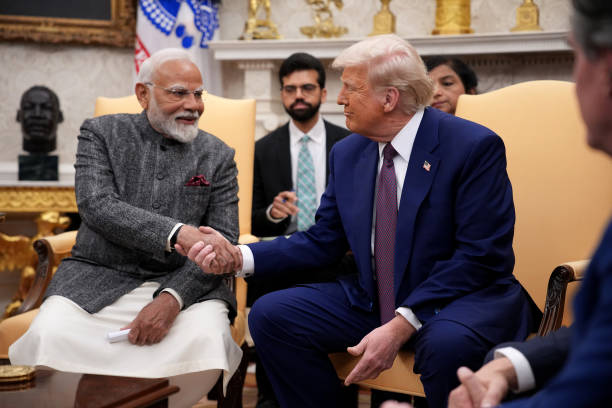 President Trump Welcomes Indian Prime Minister Modi To The White House
President Trump Welcomes Indian Prime Minister Modi To The White HouseOnce marked by bear hugs and mutual praise, the relationship between Indian Prime Minister Narendra Modi and U.S. President Donald Trump has entered a period of strain, as Trump’s recent tariffs and comments on India’s ties with Russia and Pakistan raise questions about the durability of the strategic partnership.
Tensions have mounted since Trump announced a 25% tariff on Indian goods and an additional penalty for India’s continued purchase of Russian oil. India’s Foreign Ministry responded by describing its relationship with Russia as “steady and time-tested,” and emphasized that its energy policy is guided by national interest and global supply conditions.

The strain between New Delhi and Washington comes after years of perceived camaraderie between Modi and Trump, with both leaders appearing together at large rallies and publicly lauding each other. However, recent events, especially Trump’s social media posts accusing India of economic failings and enabling Russia’s war effort, have unsettled Indian policymakers and analysts.
“This is a testing time for the relationship,” said Ashok Malik, former policy adviser in India’s Foreign Ministry. Malik noted that bipartisan efforts over 25 years are now at risk due to the tariffs and Trump’s rhetoric. He said India has offered the U.S. the most expansive trade deal in its history, even agreeing to limited imports of American agricultural goods—politically sensitive after past farmers’ protests.
On Monday, Trump escalated pressure on India via Truth Social, stating that India was buying “massive amounts” of Russian oil and reselling it for profit. “They don’t care how many people in Ukraine are being killed by the Russian War Machine,” Trump said, promising higher tariffs.
Trump’s posts, according to a White House official speaking on condition of anonymity, reflect his frustration with stalled trade talks. The official said Trump is not pursuing a strategic realignment with Pakistan, but is using aggressive tactics to advance trade negotiations.
Commerce Minister Piyush Goyal responded by reiterating that both countries are working toward a “fair, balanced and mutually beneficial bilateral trade agreement.” India’s Foreign Ministry downplayed any strain, but experts in New Delhi expressed concern.
Beyond trade, Trump's growing closeness with Pakistan has also fueled unease in India. In May, after a brief military conflict between India and Pakistan over a gun massacre in Kashmir, Trump repeatedly claimed he mediated peace—claims that New Delhi has consistently denied. Modi stated that “no country in the world stopped” the fighting, indirectly refuting Trump’s assertion.
Trump has also praised Pakistan’s counterterrorism efforts and hosted top Pakistani military officials. On the same day he announced new tariffs on India, Trump revealed a major oil exploration deal with Pakistan and said India might one day need to buy oil from Islamabad.
These developments have led to speculation in India about a potential shift in U.S. policy. Sreeram Sundar Chaulia, from the Jindal School of International Affairs, said Trump’s sudden praise for Pakistan “has definitely soured” Indian sentiment. If new financial and energy agreements are being made between Washington and Islamabad, it could “dent the U.S.-India strategic partnership,” he warned.
India’s oil purchases from Russia remain a central irritant. Despite pressure from the Biden administration early in the Ukraine war, India increased imports of Russian oil, becoming its second-largest buyer after China. Trump’s recent threats to penalize India have resurfaced those tensions.
On Sunday, White House deputy chief of staff Stephen Miller accused India of financing Russia’s war in Ukraine through its oil imports and called the practice “not acceptable.”
While some view Trump’s remarks as negotiation tactics, the uncertainty has shaken confidence in the relationship. Chaulia noted, “Given the wild fluctuations in Trump’s policies, it may return to high fives and hugs again.”












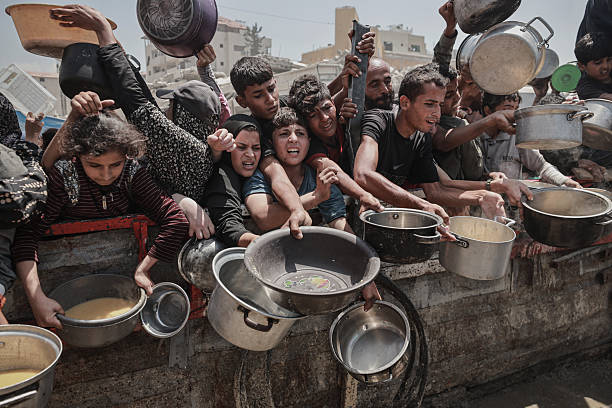
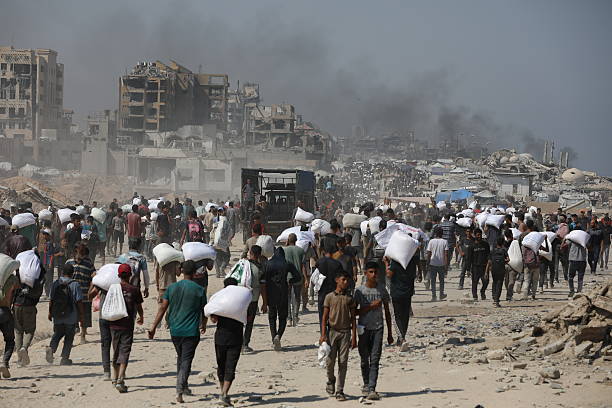
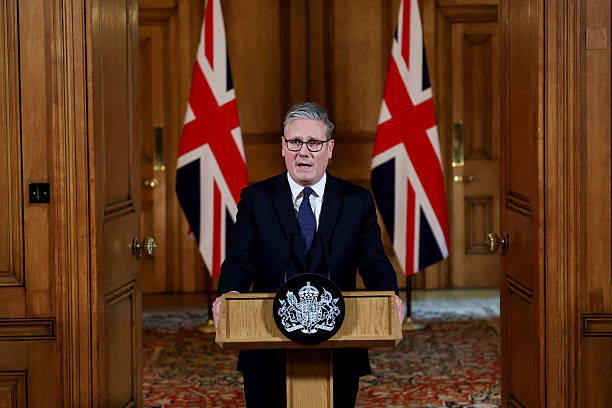
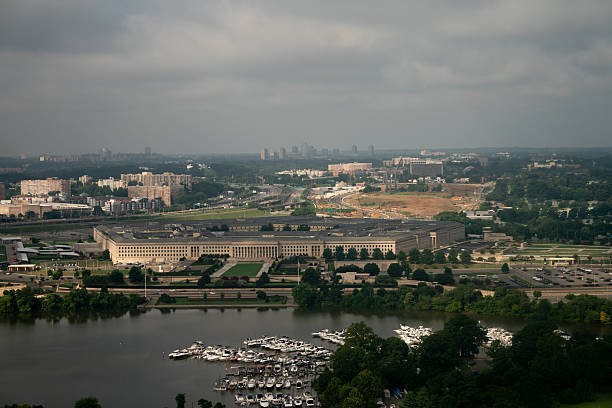
Conversation